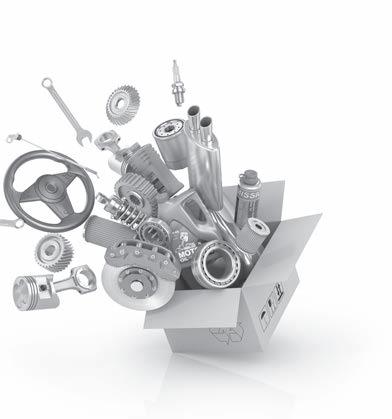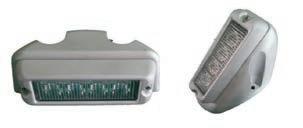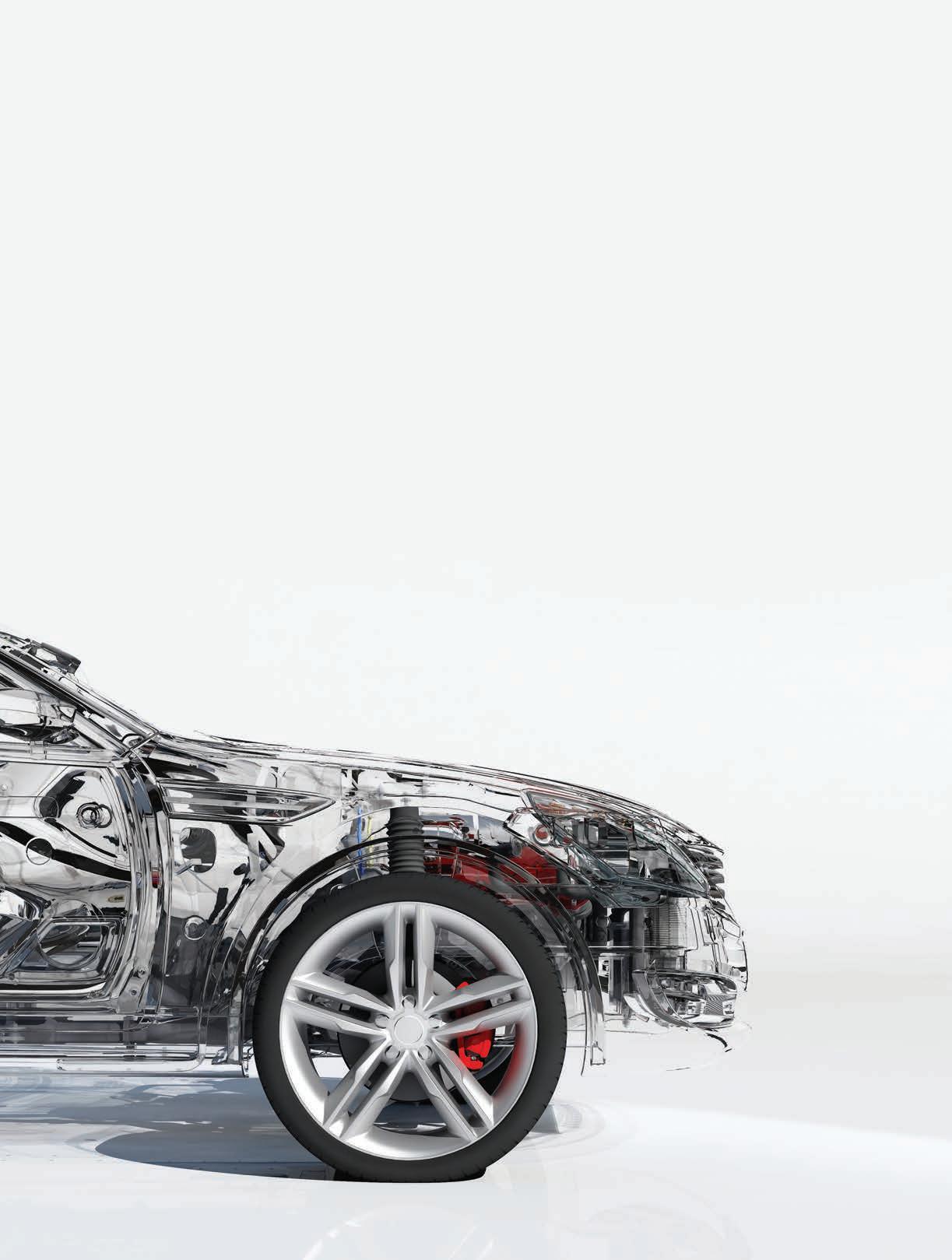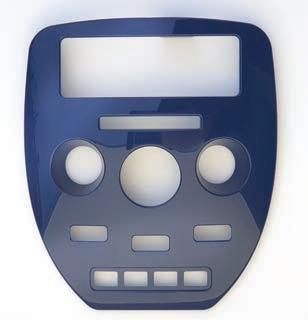
3 minute read
Off the Shelf
OUTDATED TERMINOLOGY IS HURTING OUR INDUSTRY’S POTENTIAL
See why adopting the right vocabulary boosts morale, and business.
By Bob Greenwood, AMAM
Change is a concept that appears to be difficult for this industry to embrace.
But, if we refuse to change, it’s impossible to evolve and succeed in the new aftermarket that’s inevitably on its way.
For businesses to prosper financially, jobbers should have a strategic business plan in place for their day-to-day operations.
The terminology that continues to be used to describe the work that shop owners do could use a bit of a tune up, especially when it comes to reinventing a professional image in a profession that’s been inundated with stereotypes.
Here’s an example: somebody who expertly diagnoses a vehicle and re-aligns them with OE specifications is no longer a licensed mechanic, but instead, a licensed diagnostic technician. This is an individual who possesses an incredibly high level of diagnostic capabilities and theoretical knowledge. They spend a tremendous amount of time undergoing new training every month in to take their skillset to the next level.
Perhaps, one day soon, the role of the licensed diagnostic technician will evolve to a diagnostic engineer, as that’s the degree of competency required to keep up with our industry, as technology keeps pushing forward. Mechanics are out, and technicians are in, and the terminology that distinguishes the two must be clearly stated moving forward.
Referring to an individual as an “installer” is another outdated job description that must go.
Although it’s frequently used by a large majority of the manufacturing, WD, and jobber sectors of this industry, it’s an old-fashioned term that simply doesn’t measure up to the true nature of business done today.

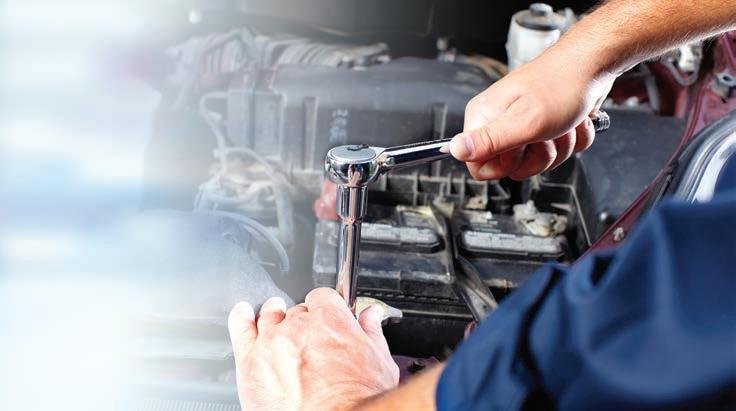
In fact, this term can sometimes be considered condescending, if taken out of context. The term “installer” was a job description tied to shop owners in the early 1950s, but it’s a position that has transformed so much over the years that the term is simply no longer relevant and can even be considered insulting, or condescending, as it’s no longer a reflection of the demands tied to the role in today’s aftermarket. If the aftermarket resembled a food chain, service providers would be near the top—if they don’t sell and satisfy their client base, the revenue stream that trickles down to the jobbers, WDs and manufacturers is also impacted. If the service providers are not effective and competent at operating their business profitably, then everyone else in the industry is affected in true dollars and cents.
Much like the transition from mechanic to diagnostic technician, installers are out, and service providers are in.
Skilled service providers, also referred to as automotive service providers (ASPs) are concentrating on building trust, advising, counselling, and bringing value-added services to their client base. Understanding their client demographic and customizing services based on those findings to align with safety, reliability, and efficiency is what separates a mediocre shop from an outstanding one.
In today’s industry, ASP’s are looking at maintaining their client’s vehicle for life, not just for a one-time sale for the season. This level of the industry has changed dramatically, and the skill level required to be successful today is tremendous. Today, the competent service provider is a true business professional, and the old terminology that tied them to their trade is no longer a valid depiction of their true capabilities.
When the industry begins to shift its dialogue about the day-to-day operations and actions of our people, the business relationships built within have the potential to change dramatically.
It’s time to acknowledge the change that has taken place within the maintenance and repair side of the industry. Doing so will influence the interactions you have daily with your retail customers, which, in turn, propels your sales growth.
The trade days are over everyone, welcome to the new aftermarket profession!
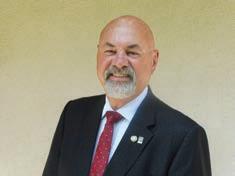
Bob Greenwood, AMAM
An Accredited Master Automotive Manager (AMAM) who offers personal business coaching and ongoing management training for aftermarket shops, focusing on building net income. He can be reached at 1-800-267-5497 or greenwood@aaec.ca.


